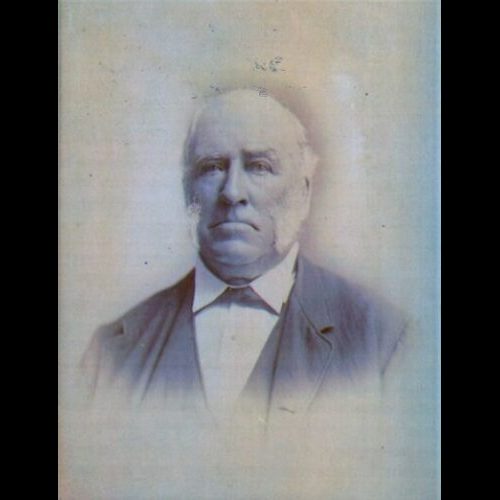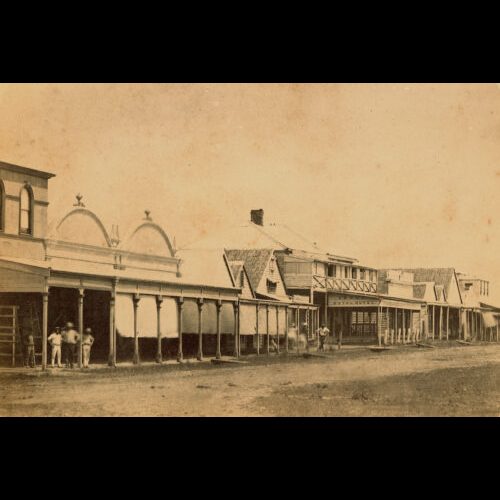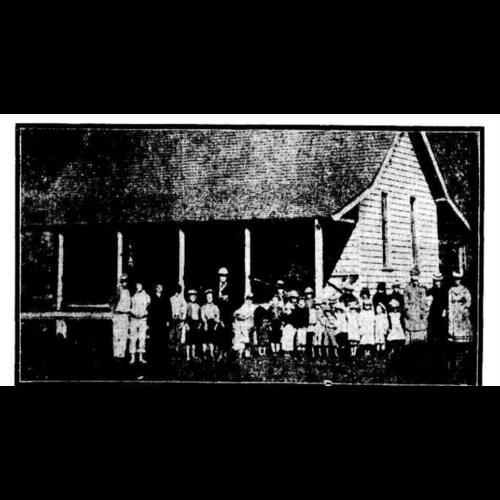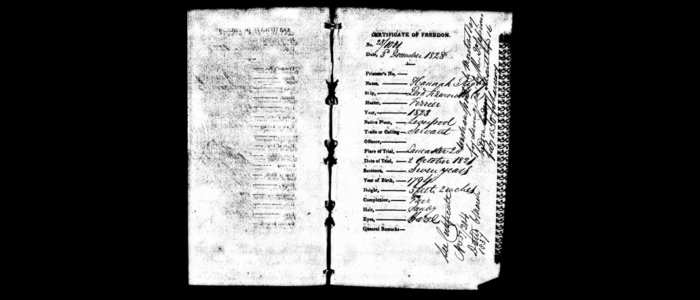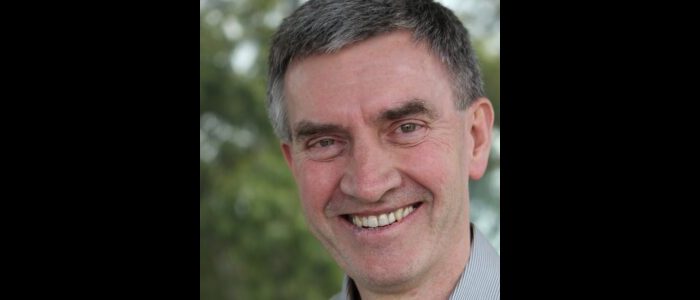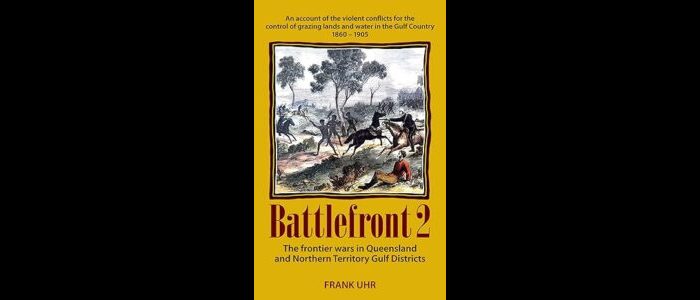dedicated to the study of the peoples and lands of Australia, initially focusing on the area that became Queensland in 1859.
Recent Projects
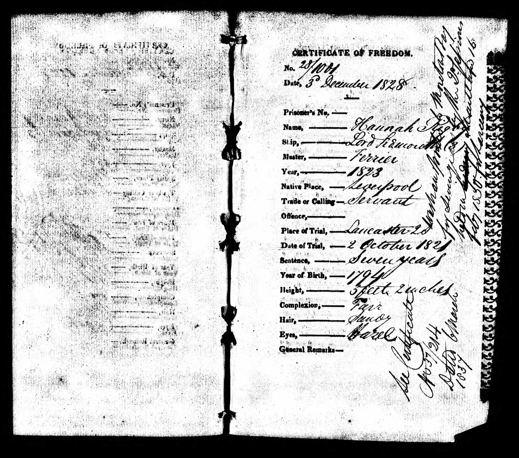
One Free Woman: The True Story of Convict Hannah Rigby
Jane Smith, Harry Gentle Resource Centre Visiting Fellow, 2024.
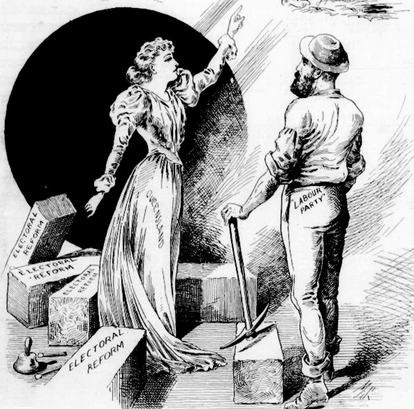
Early Colonial Legacies in Queensland’s Journey for Women’s Rights
Dr Deborah Jordan, Visiting Fellow, Harry Gentle Resource Centre, 2022-2023

The Artemisia: First Government Assisted Free Immigrants to Moreton Bay
Dr Dorothy Wickham, Harry Gentle Resource Centre Visiting Fellow, 2022-23
Harry Gentle Fellowships
We offer generous programs for innovative scholars in any discipline relevant to digital history, to aid the research of our centre.
Find out more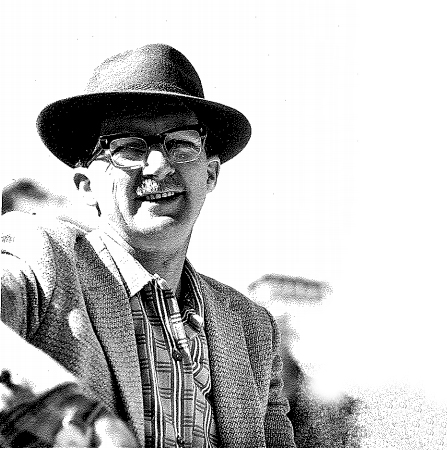
Robert Henry (Harry) Gentle
The Harry Gentle Resource Centre was created from a generous bequest of Griffith University alumnus Harry Gentle, who sadly passed away, aged 95, in 2015. His wish was for Griffith University to form a digital resource centre dedicated to the study of the lands and people of early 19th century Australia. We are honoured to fulfil his wishes.
About Harry Gentle
